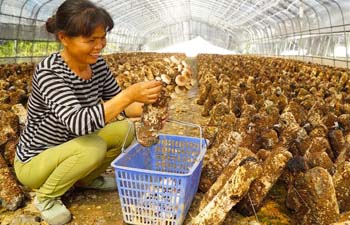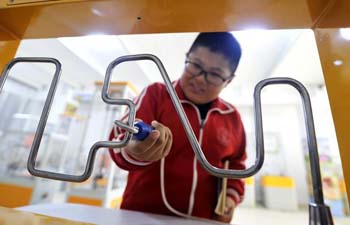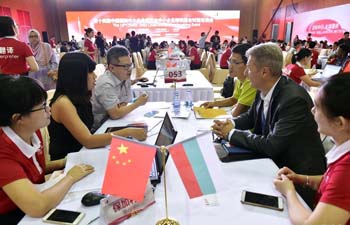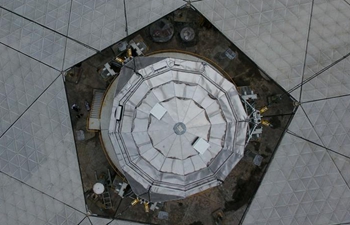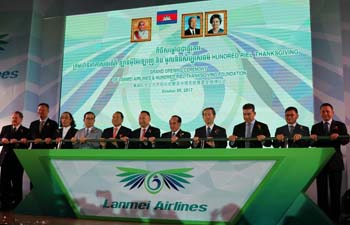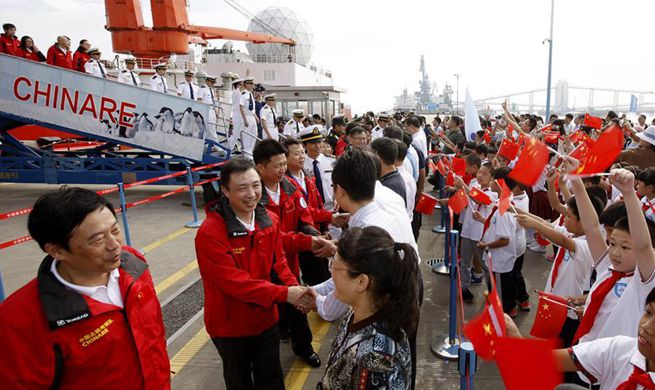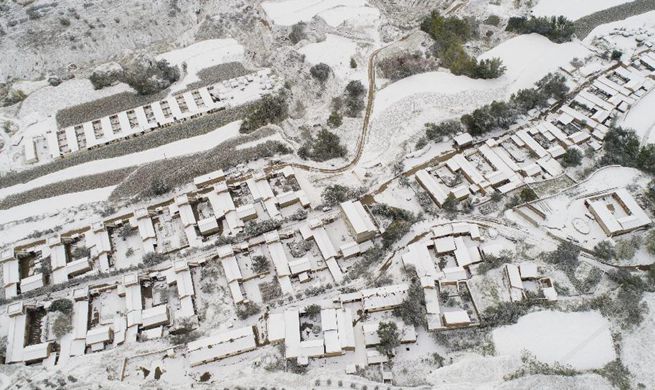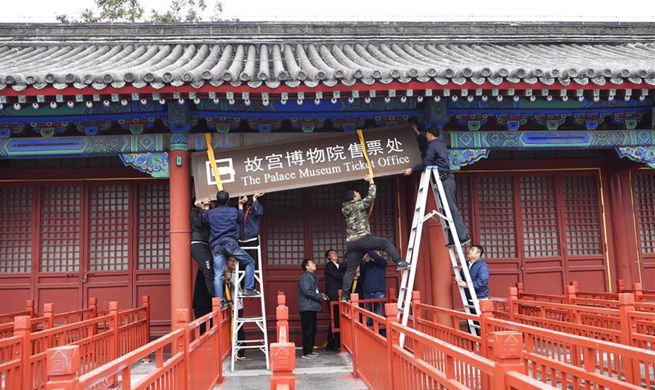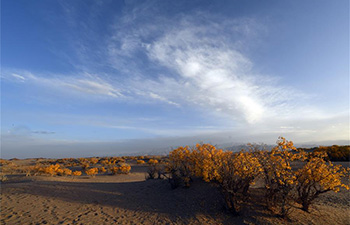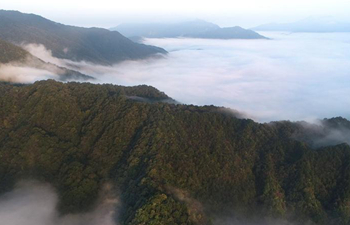By Burak Akinci
ANKARA, Oct. 10 (Xinhua) -- The promise of a domestically made car is the pride and joy of Turkish President Recep Tayyip Erdogan who is very keen on this long-awaited project which would make Turkey a player in the car market.
In recent years, this progress has been made and Turkey's own car could hit the road in 2020.
For decades, Turks ask themselves why their country is not producing it's own car. Some attempts were made towards this end in the 1960s but eventually failed. The ruling Justice and Development Party (AKP) headed by Erdogan sees a national car as a way to reduce the country's trade deficit.
In fact, Turkey is a significant producer of cars which are an important export material. The sizable auto industry of Turkey accounts for nearly two percent of global manufacture.
But all cars made in Turkey, some 1.5 million last year, are either licenses products or based on western products and 75 percent are finally exported. The automotive sector is the driving force behind the strength of the economy in Turkey.
Kits of cars come to Turkey ready to be assembled and only a small share of parts are made in Turkey. Several globally known brands have factories in Turkey, such as Ford, Fiat or Renault. There is also a Toyota site production as well.
These plants are concentrated in the industrialized north-western cities of Turkey, like Bursa and Sakarya, and employ tens of thousands of workers.
President Erdogan insists on Turkey having it's own brand of car to show that it can be done and that his country is up to the task in getting involved in international competition.
The first production was planned for 2016 but financial challenges and the initial reluctance of national automotive firms to get involved delayed the project.
According to sources in the Ministry of Science, Industry and Technology, Turkey intends to produce it's own car which will be an electric one, since the age of combustion motorized cars comes towards an end.
Science and Technology Minister Faruk Ozlu said early September that "an announcement will be made regarding the national car this month," but this announcement has not yet been made. He however told journalists that "works are going very well in this field."
"We have no problem in the design and production areas. The issue is a commercial one. There are global players involved in the automotive sector who produce millions of cars," he pointed out, calling on Turkish companies to be more immersed in the project.
Several globally important countries such as Britain and France and also China, the world's biggest car market, have announced that the production of petrol and diesel cars will be banned in the near future to reduce pollution and carbon emissions. China made 28 million cars last year, almost a third of the global total.
The Scientific and Technological Research Council of Turkey (Tubitak), a public institution, considered initially developing its own vehicle from scratch but calculated at least 1 billion U.S. dollars in cost.
The government and Tubitak turned last year to buying the intellectual property rights for the second generation of the Swedish automotive Saab 9-3 platform, a company which had very serious financial problems before being acquired in 2012 by a Chinese-led consortium NEVS (National Electric Vehicles Sweden).
"Turkey has taken a shortcut towards the goal of domestic car production, rather than developing a new car from scratch, it decided to use Saab as a backbone. Tubitak has an important role to play in this project which is something of a dream for us," told Xinhua a official source who chose to remain anonymous.
The goal is at least 85 percent of the components to be made in Turkey, from design to production, according to this source.
And to enhance its future competitiveness, Ankara decided that the new automobile would be exempt from a special consumption tax levied on all motorized vehicles and also luxury items in Turkey.
This would make the future car's price significantly cheaper than cars already in the Turkish market, by 30 to 35 percent, according to experts.
Several prototypes have been presented in spring of this year to the press. Yet some experts remained unimpressed about the project of a local Turkish car which has no name for the time.
"Investing in areas we already have a competitive advantage in makes much more sense than taking the challenge in producing a national car brand, which we lack the market size and the competitive advantage," wrote Ersu Ablak, a technology journalist with the Hurriyet Daily News.
In February, during a speech at a meeting of the Turkish Union of Chambers and Commodity Exchanges (TOBB), Erdogan reiterated his call for a "Made in Turkey" automobile.
Underscoring the issue of a domestically manufactured automobile on a number of other occasions, Erdogan called on the members of TOBB to manufacture a fully indigenous, "Made in Turkey" automobile.
The TOBB General Assembly initiated endeavors after TOBB Chairman Rifat Hisarciklioglu responded positively to Erdogan's demand to produce such cars under the union's roof.
Recalling that he has urged business people in the automobile industry many times over the last 15 years to manufacture a fully indigenous automobile, the president projected a critical perspective on the assembly line where automobile parts are sent to Turkey from abroad and assembled at Turkish factories.
"Assembly line manufacturing does not suit this nation. Automobile parts are only bought in from abroad, assembled here and then released to the market. Now this nation has the intellect and products to undertake this initiative," Erdogan noted.
Some specialized automobile sites have speculated that famous and internationally recognized car designer Ugur Sahin is also involved in the car project. Sahin is best known for impressive and futuristic supercar concepts.
Besides building its own local car, Erdogan is also seeking to turn Turkey into a major defense industry power by manufacturing its war plane, helicopter, satellite and tank. His sights are set on this for the centenary of the Turkish republic's foundation in 2023.
Turkey, who shares a border with Syria and Iraq, spends around 18 billion dollars a year on defense with just over half of its equipment made domestically.




